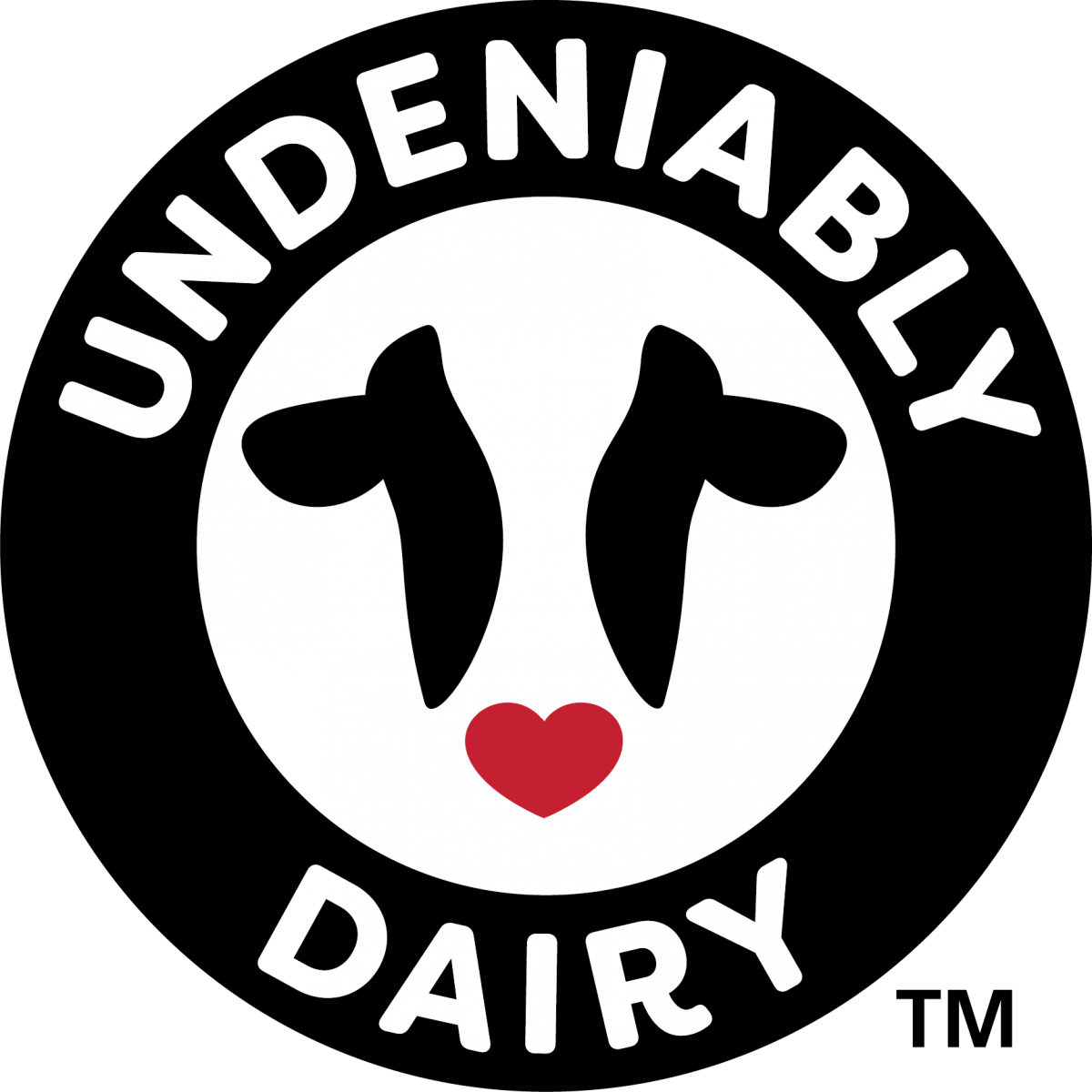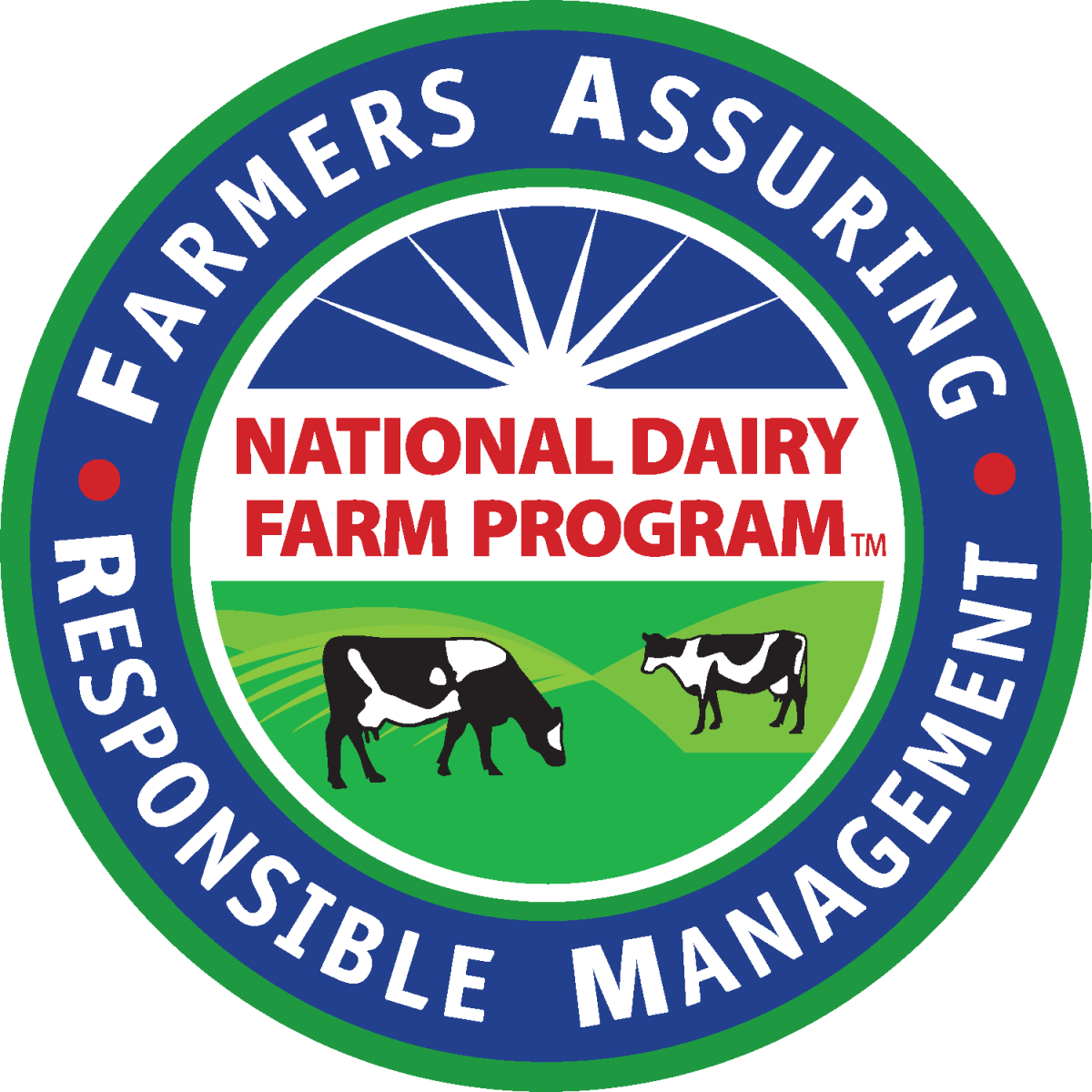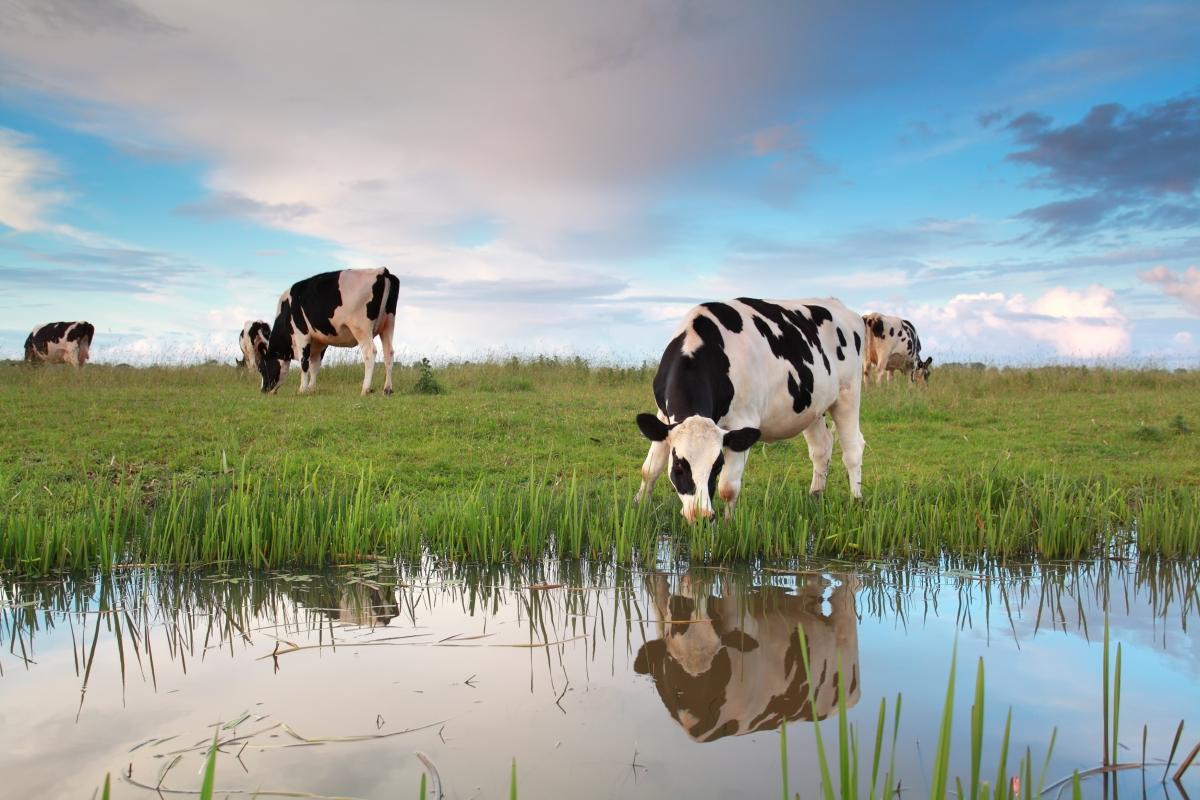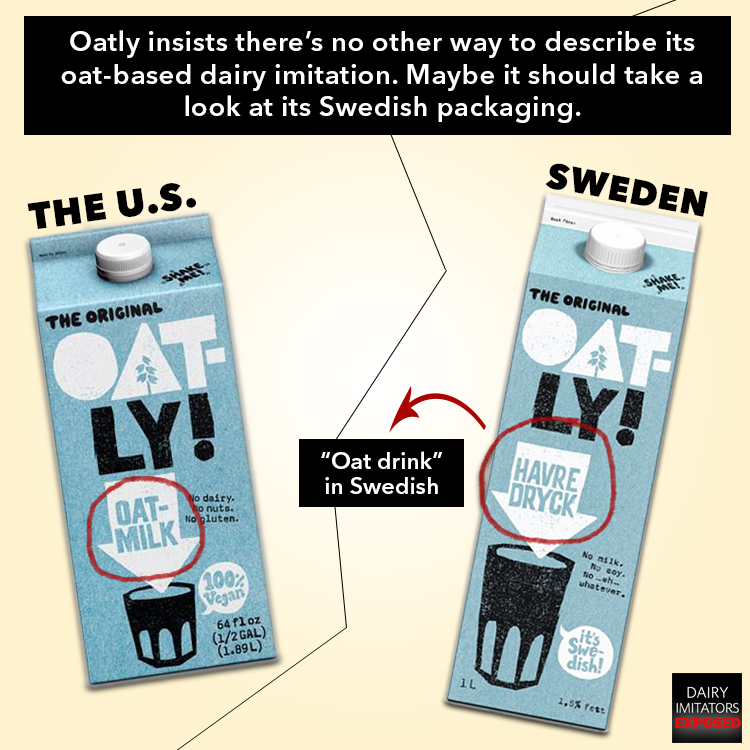The increasing number of news stories in the past year focused on dairy farmers losing their milk markets has brought into sharp focus the crucial role cooperatives play in protecting their members’ economic interests. As economic disruptions among some private milk handlers have cascaded downstream, hundreds of independent dairy farmers have been left in the lurch by their buyers. Some co-ops have lost contracts, as well. While both have been hurt, the greatest harm has befallen those independent direct-ship producers who were not co-op members. Many are now finding it difficult to secure a new buyer in a saturated market.
The affected cooperatives have scrambled to find new outlets for their displaced milk, but finding markets for milk is what cooperatives do, day in and day out. Farmer-members know that, because they have invested in the co-op; their milk has a home, seven days a week, 365 days a year. Even in those temporary situations where milk deliveries exceed processing capacity and some milk must be dumped, the co-op members know they still have steady, predictable access to markets for their milk, thanks to the crucial role played by cooperatives.
There are some parallels in the current situation to what farmers faced more than 100 years ago, when co-ops first rose to prominence in the U.S. dairy marketplace. Even back then, when milk marketing was a much more local enterprise, the milk (in cans, not tankers) was leaving farms on a daily basis and farmers were at a competitive disadvantage to processors who, because they were fewer in number and purchased large milk volumes, could drive hard bargains with their suppliers, with their highly perishable and bulky product to sell.
This competitive dynamic not only led farmers to band together to start up cooperative businesses, it also prompted those co-ops to form the National Milk Producers Federation in 1916 to have representation in Washington. Twenty years later, NMPF led the charge to create the federal milk marketing order system to level the playing field for farms of different sizes and in different parts of the country. This has ensured a more equitable means of reaching consumer markets for farms of varying sizes, and has harmonized pay prices among producers, regardless of the end use of their milk.
Milk marketing today isn’t the small-scale, county-by-county business it once was. For that matter, neither is food retailing, as producers – regardless of commodity – must contend with the market dominance of a handful of powerful manufacturers, supermarket chains and foodservice enterprises that loom large in scale over any one dairy cooperative.
The need for critical mass among farmers as a countervailing force in the marketplace is one reason why 81 percent of the milk produced in the United States is marketed through cooperatives. That figure hasn’t changed markedly in the past two decades, in fact it’s even higher than it was 75 years ago. The United States also has a wide range of dairy farm sizes which are able, through cooperatives, to work together to market their milk.
In filling this crucial role of counterbalancing the power of milk buyers, cooperatives have become one of the most important parts of the total marketing channel that delivers fresh milk and dairy products from farm to table. Dairy cooperatives are the primary assemblers of milk from individual dairy farms for delivery to plants – either co-op or privately owned – where it is processed into a wide variety of products.
Cooperatives operate complex logistical operations that balance the supplies of milk coming from the nation’s dairy farms with the delivery requirements of the nation’s dairy product processors, requirements that change seasonally, weekly, daily and even hourly. There are economic costs borne by cooperatives for this market balancing function, but the farmer-member benefit is a daily market for all their milk – a market that some independent dairymen tragically no longer have.
The role of cooperatives is a big reason why the dairy farmer’s share of the retail dollar is higher than for most other food commodities. It’s also a reason why more than 95 percent of dairy operations remain family-owned and controlled businesses, rather than just serving as contract suppliers to a vertically owned processor, as is common across the livestock sector. Put simply, the cooperative business structure is good for farm families and consumers.
The strong role of dairy co-ops also allows them to form endeavors such as Cooperatives Working Together (CWT), the 15-year-old self-help program that its members recently voted to extend for an additional three years. CWT is a unique cooperative venture that allows its members – and only those farmer-owned businesses – to pool their resources to bolster exports without the red tape that comes with government programs. We know from repeated comments that dairy exporters in other nations are envious of CWT’s role in helping U.S. products compete and win business deals around the world.
Looking back on my nearly 40 years in dairy, it’s clear to me that we’ve taken for granted the critical role co-ops play in our industry. Cooperatives can’t defy market forces – the economic laws of supply and demand are real, and we see them play out constantly. But for more than 100 years, dairy co-ops have been providing consistent markets for their members who produce the most highly perishable of all major commodities. Today, at a time of lost markets and economic stress in the dairy producer community, that’s a lesson worth remembering.


 For the second year in a row, NMPF is joining farmers, cooperatives, brands and other industry stakeholders in recognizing June Dairy Month by getting involved in the Innovation Center for U.S. Dairy’s Undeniably Dairy initiative.
For the second year in a row, NMPF is joining farmers, cooperatives, brands and other industry stakeholders in recognizing June Dairy Month by getting involved in the Innovation Center for U.S. Dairy’s Undeniably Dairy initiative. The National Dairy Farmers Assuring Responsible Management (FARM) Program will host its third annual FARM Evaluator Conference July 24-26 in Kansas City, Missouri. Following the success of previous conferences, evaluators from across the country will gather again to network, brainstorm and learn from the nation’s leading subject matter experts.
The National Dairy Farmers Assuring Responsible Management (FARM) Program will host its third annual FARM Evaluator Conference July 24-26 in Kansas City, Missouri. Following the success of previous conferences, evaluators from across the country will gather again to network, brainstorm and learn from the nation’s leading subject matter experts. Last February, the U.S. Environmental Protection Agency (EPA) published a request for comment regarding previous statements it made about pollutant discharges from point sources that reach surface waters via groundwater. EPA has said that those discharges may be subject to the Clean Water Act (CWA) if there is a direct hydrological connection between the surface water and groundwater. NMPF joined with other agriculture groups in May in urging EPA to rescind its statements that groundwater could be regulated under the CWA.
Last February, the U.S. Environmental Protection Agency (EPA) published a request for comment regarding previous statements it made about pollutant discharges from point sources that reach surface waters via groundwater. EPA has said that those discharges may be subject to the Clean Water Act (CWA) if there is a direct hydrological connection between the surface water and groundwater. NMPF joined with other agriculture groups in May in urging EPA to rescind its statements that groundwater could be regulated under the CWA. To further highlight the absurdity of deceptive food labels, Peel Back the Label and Emmy-winning comedic production company Funny or Die created a video that shows the lengths food companies will go to confuse consumers into buying their products.
To further highlight the absurdity of deceptive food labels, Peel Back the Label and Emmy-winning comedic production company Funny or Die created a video that shows the lengths food companies will go to confuse consumers into buying their products.




